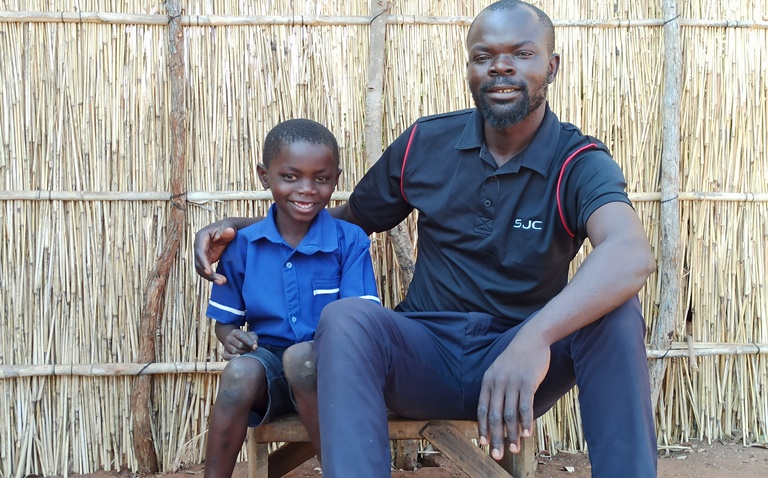A few weeks ago, finance and trade ministers from Africa met in Ethiopia’s capital, Addis Ababa, to discuss ways of developing a viable economic model to promote climate adaptation on the continent.
Held under the theme, ‘Towards CoP27: African Regional Forum on Climate Initiatives to Finance Climate Action and the SDGs’, the meeting also sought to catalyse climate finance and investment flows to the projects needed to reduce emissions in Africa.
Kudos to the finance and trade ministers for their commitment to identifying financing options to drive Africa’s transition to renewable energy technologies. In the past, poor financing has undermined the continent’s capacity to reduce carbon emissions.
It, therefore, follows that future efforts to reduce carbon emissions should focus on financing. It is an open secret that developing countries in Africa have failed to fully transition to renewable energy technologies such as solar, wind and tidal waves because these energy options require substantial levels of investment that are usually beyond the capacity of most African countries.
As a result, Africa has been forced to depend on cheaper energy sources such as coal, which are heavy emitters of carbon dioxide, one of the most potent greenhouse gases. So, the energy solutions developing countries on the African continent implement to solve their energy problems contribute to their failure to reduce carbon emissions.
Carbon emissions drive global warming. Global warming creates climate-related stocks such as droughts, floods and heatwaves that threaten vulnerable economies of the least developed countries on the continent, most of which are agrarian and depend on rain-fed agriculture.
It is a slippery slope with no easy way out. In principle, renewable energy technologies would create a viable alternative. The reality though, as alluded to earlier, is that these require a heavy investment and produce a relatively lower return on investment than carbon-based energy sources.
Now, this is where the situation gets a little tricky. LDCs in Africa and beyond need to boost their energy generation to spur economic transformation. The United Nations Conference on Trade and Development (Unctad) noted this problem in its 2017 Least Developed Countries report.
In its policy brief, Unctad noted that as much as developing countries need a reliable and sustainable source of energy to drive economic transformation through industrialisation, the economic transformation also drives up the demand for electricity.
When the demand for electricity goes up, it affords least developed countries an opportunity to capitalise on the economies of scale and reduce the cost of producing electricity, a development that allows countries to get a higher return on investment.
Hopefully, the delegates at the meeting in Addis Ababa can use this opportunity to identify and evaluate possible financing options to kick-start countermeasures that can help LDCs harness the so-called energy transformation nexus.
The information from that meeting can help Malawi navigate out of its perennial blackouts, which are at the moment averaging not less than 10 hours a day. It was 14 hours for the past week, but no one wants that to be permanent.
As such, policymakers, particularly in the energy sector, should be following the meeting to see what financing options are there and define its agenda for the CoP27 meeting in November.
There is a lot of potential in the capacity of modern energy such as solar and wind energy. The development of modern energy technologies can also create new employment opportunities in installation, maintenance and development.
In a policy brief, Unctad wrote: “Maximizing the effects on structural transformation, in particular, if progress towards poverty eradication is to be sustained, requires ensuring that new employment is created to replace the jobs that are lost in such enterprises and sectors.”
There were pilot projects like this in Mzuzu, Chikwawa and some parts of Malawi that showed remarkable success. But most of them fell by the wayside when donor funding froze. Perhaps LDCs, Malawi in particular, should consider revitalising these projects.
If financing is the biggest constraint to the implementation of these projects, the meeting in Ethiopia can be the best starting point to finding a potential solution. Those solutions can be tested for possible efficacy and refined ahead of the Africa CoP27 in Egypt.
This could be Africa’s CoP after all.
The post Time to revisit the ‘energy-transformation nexus’ appeared first on The Nation Online.
 Moni Malawi
Moni Malawi 
